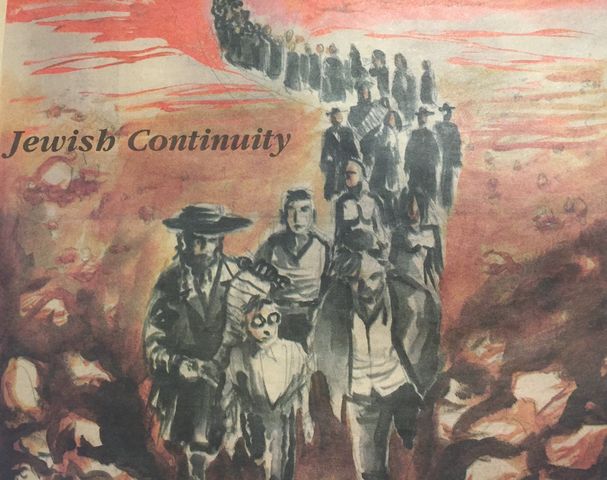This week’s Torah portion is Bechokotai, a parshah that is full of both promises of rewards for obeying the commandments, and the punishments for not obeying them. One such punishment mentioned is exile.
Looking at history, one can see that when the Torah mentions exile, it is not merely a hypothetical. The Jewish people were indeed exiled from the land of Israel more than once. The subsequent periods of exile have brought a tremendous amount of adversity against Judaism and the Jewish people, the likes of which is virtually unparalleled to any other group in history. Despite this, Judaism and the Jewish people have shown a remarkable abilit to persist and come back stronger than ever. This resilience has defined the Jewish people throughout the ages.
The secret to this Jewish “superpower,” if you will, is laid out in this parshah. The parshah qualifies the threat of exile by saying that even if the Jews are living in the land of their enemies, God will not abandon them.
No matter what kind of Jew you are, we all remain connected because of the promise in this parshah. Because of God’s promise of protection, even the more skeptical or secular Jew can find tremendous importance in this message.
In this parshah, God promises the Jews that no matter how much we mess up, how much we may disappoint, and how far away from home we get, God will never give up on us or abandon us. Similarly, every Jewish individual, and the Jewish people as a whole, seek to emulate this by sticking by one another. It doesn’t matter if people don’t share the same beliefs, nationalities, languages, or anything else, because as Jews, we never forsake one another.
—
This article is part of Ha’Am’s Friday Taste of Torah column. Each week, a different UCLA community member will contribute some words of Jewish wisdom in preparation for Shabbat.

